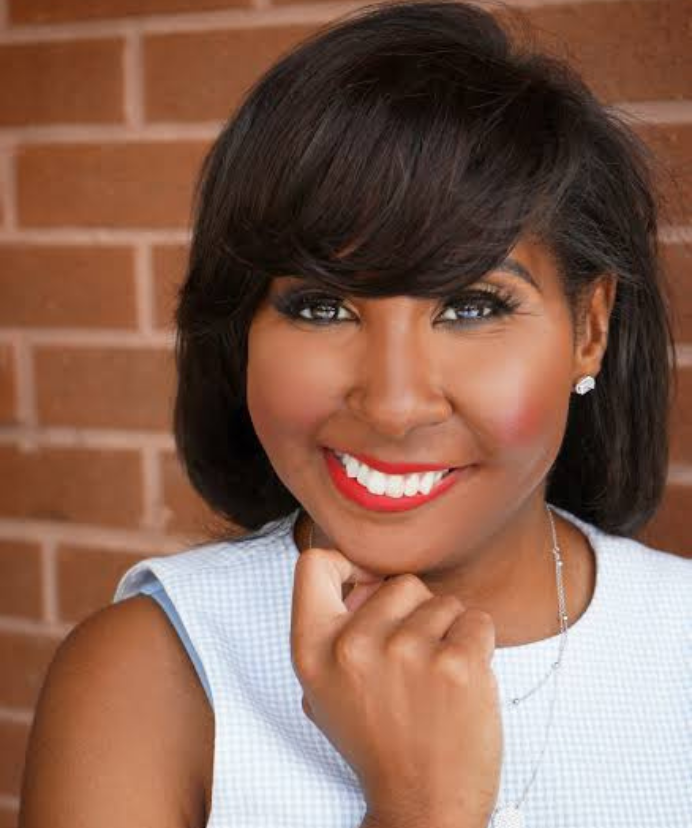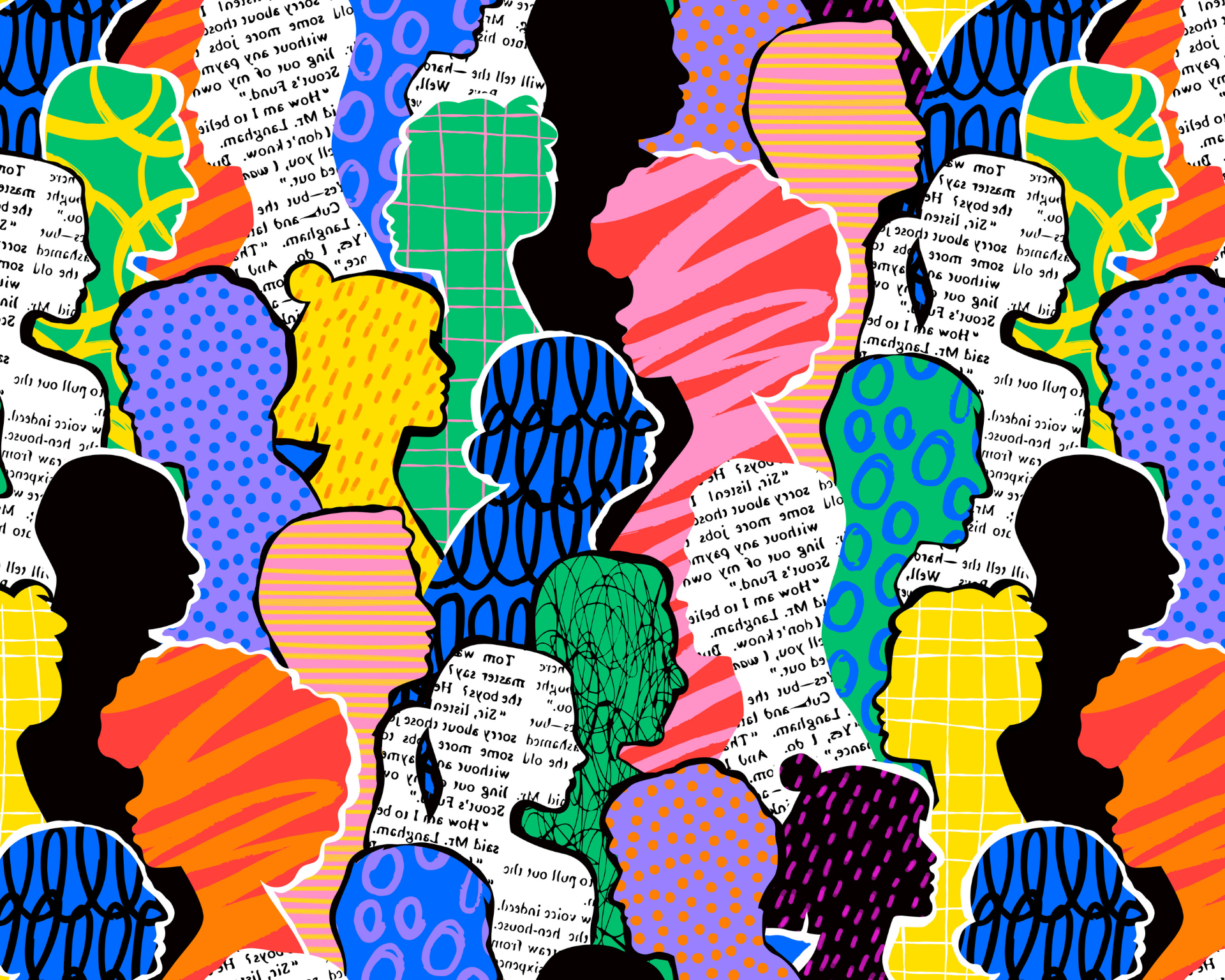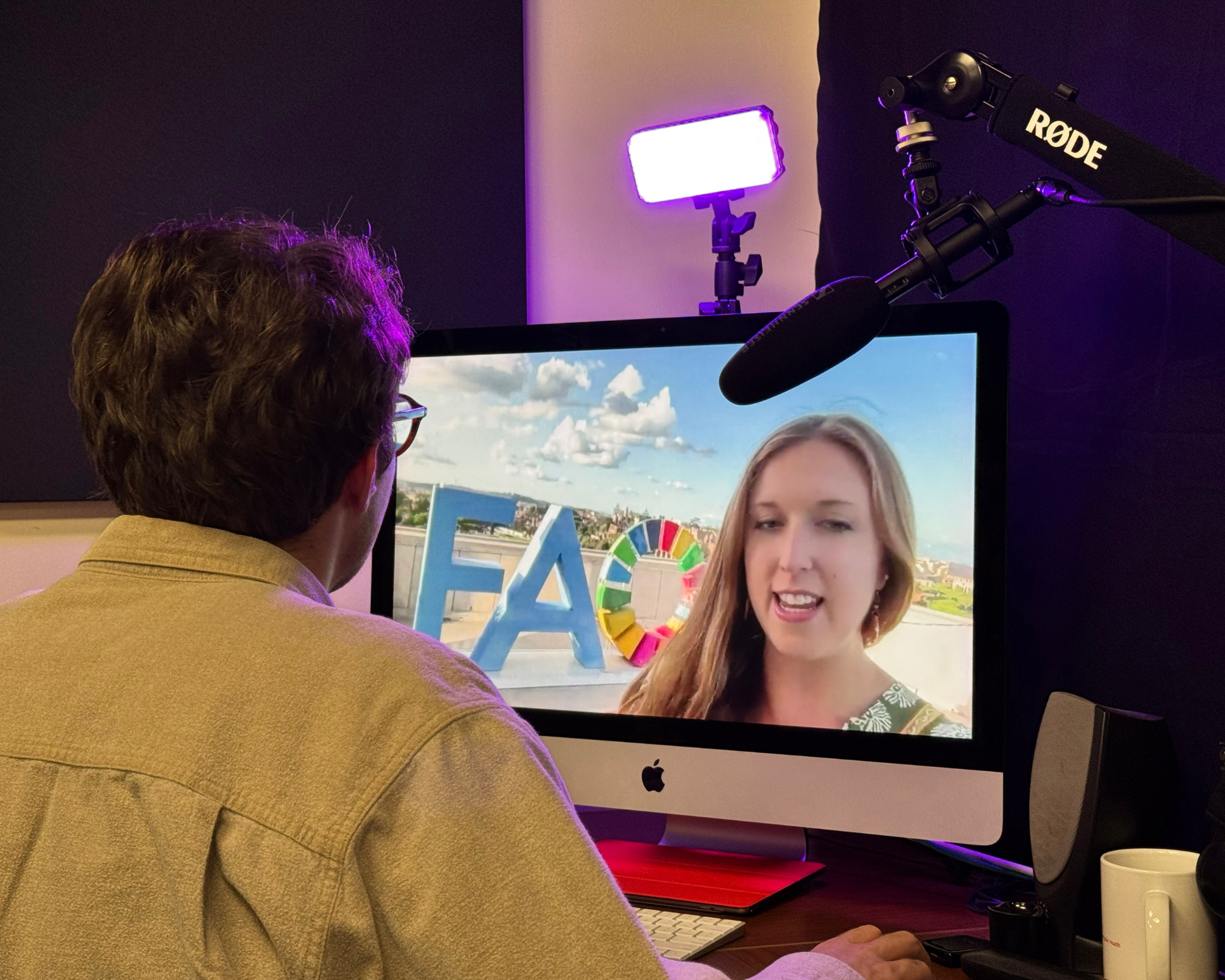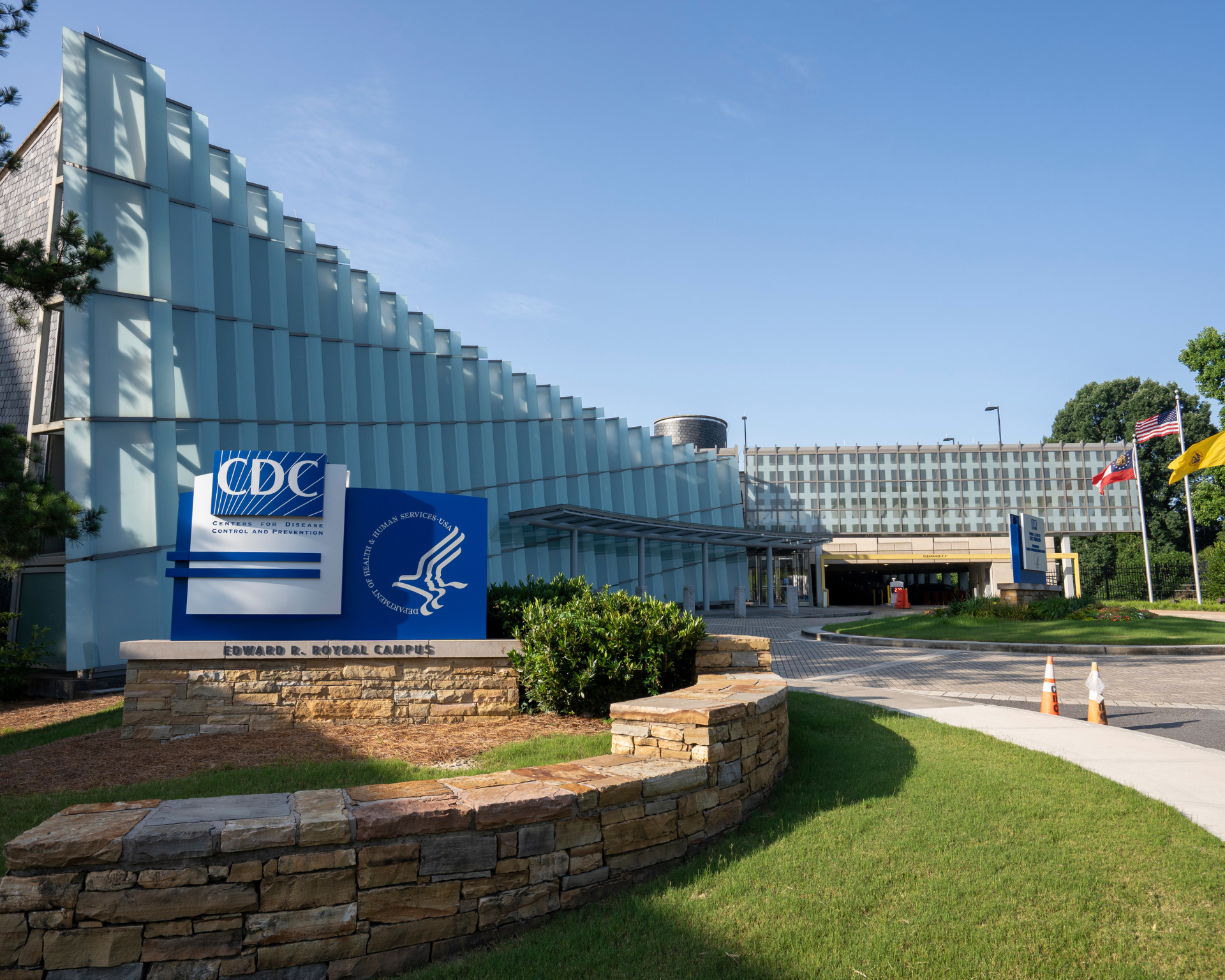The Politics of Care: DEI, Black Doctors, and the Fight for Health Equity
A diverse medical workforce is a matter of life and death for communities that face disproportionate health disparities.

Read Time: 6 minutes
Published:
Congratulations to Rasheera Dopson for being selected as this year’s student essay contest runner-up! Thank you to all the students who took the time to enter this year’s contest.
“The arc of the moral universe is long, but it bends toward justice.” — Dr. Martin Luther King Jr.
I remember the day I graduated from Morehouse School of Medicine—one of only two historically Black medical schools in the nation. That day, I looked around at my cohort and saw a community reflecting the richness of our shared experiences. Our campus wasn’t just home to future doctors—it was a hub for medical students, researchers, social scientists, and public health practitioners.
As we crossed the historic grounds of Morehouse College, I felt the weight and honor of those who came before us—Black pioneers who fought for the right to study and practice medicine. It wasn’t long ago that Black people were barred from entering these institutions, let alone graduating from them. Less than 200 years ago, James McCune Smith became the first Black American to earn a medical degree. I carried that history with me. My pride on that day echoed with the applause of my community, past and present.
Those lessons continue to guide me. The pandemic exposed deep inequities in our health care system and equipped us to have critical conversations about health equity. I never imagined that in my lifetime the highest courts in our government would rule against Blackness, diversity, and equity.
Using “DEI” as a racial slur does not erase the need for diversity, equity, and inclusion in health care.
As we push this conversation forward, I challenge us to get used to discomfort. Apathy is our greatest enemy. We must invite those outside of our circles, and networks to the table and allow communities to become our teachers. It means giving power to those we’ve been taught to see as unworthy, and reassessing the boundary lines that separate us from them. Engaging in critical conversations requires vulnerability, transparency, and safety. Many outside the ivory tower are still waiting for an olive branch—and we, as scholars, must be willing to put ourselves on the line.
Many will experience, perhaps for the first time, what it means to sacrifice privilege for the greater call of freedom. Yet, for Black and Brown communities, disabled people, queer communities, immigrants, children, and many others, sacrifice is nothing new. We have long been forced to navigate a health care system that does not prioritize our needs.
We assume that support of an issue requires a public declaration of allegiance. Too often, that translates into performative gestures—statements without the strategic backbone to support real change. Institutions may need to turn to more unorthodox methods of doing the work, finding new ways to move forward without being stifled by prohibitive language or political backlash.
As health professionals, we take an oath to uphold and provide care to any community in need. Yet systemic barriers and anti-Blackness continue to infiltrate our health care systems and medical education.
This shows up in the underestimation of pain in Black and Brown patients with chronic illnesses. In devastating rates of negative pregnancy outcomes and maternal mortality among Black women. In the inaccessibility of physician offices, where non-ambulatory, disabled patients struggle to receive basic care. In the absence of culturally responsive diagnostic assessments for autism spectrum disorder. In limited access to HIV prevention medication, and the redlining of abortion services for women in marginalized communities. These biases distract from our mission and chip away at the integrity of our work. They make health care providers jaded and, often unknowingly, they carry harmful ideologies into clinical spaces.
Harm comes when we weaponize the presence of Black and Brown doctors and individuals. Using “DEI” as a racial slur does not erase the need for diversity, equity, and inclusion in health care. Repealing affirmative action does not improve patient care; it exacerbates the hidden biases and structural inequalities already present in the system.
I know that the work I’m doing is not only necessary. It’s sacred.
Research confirms what many of us know from lived experience: increasing racial and ethnic diversity among medical providers improves health outcomes for marginalized communities. Studies show that racial concordance between patients and physicians fosters better communication, trust, and adherence to medical advice. As one provider noted: “When you share ascriptive characteristics with somebody—be it race, be it gender—that can facilitate trust between the patient and the physician, which usually increases communication between them.”
A diverse medical workforce is not just about representation. It is a matter of life and death for communities that already face disproportionate health disparities.
This is why we must continue to:
Engage in difficult conversations. Today this means radical transparency of naming our blind spots, acknowledging our privileges, and being open to new ways of knowing and understanding. In a political climate where equity efforts are misrepresented or outright banned, we must not retreat—we must adapt. Sometimes this looks like letting old things go. Adaptation is necessary for survival. This work doesn’t end because terminology becomes politicized. If anything, it becomes more urgent.
We must challenge systemic inequities by committing to deep reeducation and realignment of our values as individuals and within institutions. That means questioning inherited beliefs and frameworks and having a willingness to build new ones grounded in justice and compassion.
Most importantly, we must reject the growing political agendas that seek to determine who is “deserving” of health care and who is not. Access to care is not a privilege—it’s a human right. We must root ourselves in the work, not the buzzwords, and keep showing up for the communities whose lives are on the line. The fight for health equity is a fight for life itself.
In my own journey, I answer this call to action by staying true to what I know. For me, that means actively and creatively engaging with communities in ways that are both enriching and safe. It also means staying on this career path in public health and advocacy, even when well-intentioned voices suggest I pivot to a path of less resistance. I know that the work I’m doing is not only necessary. It’s sacred.



